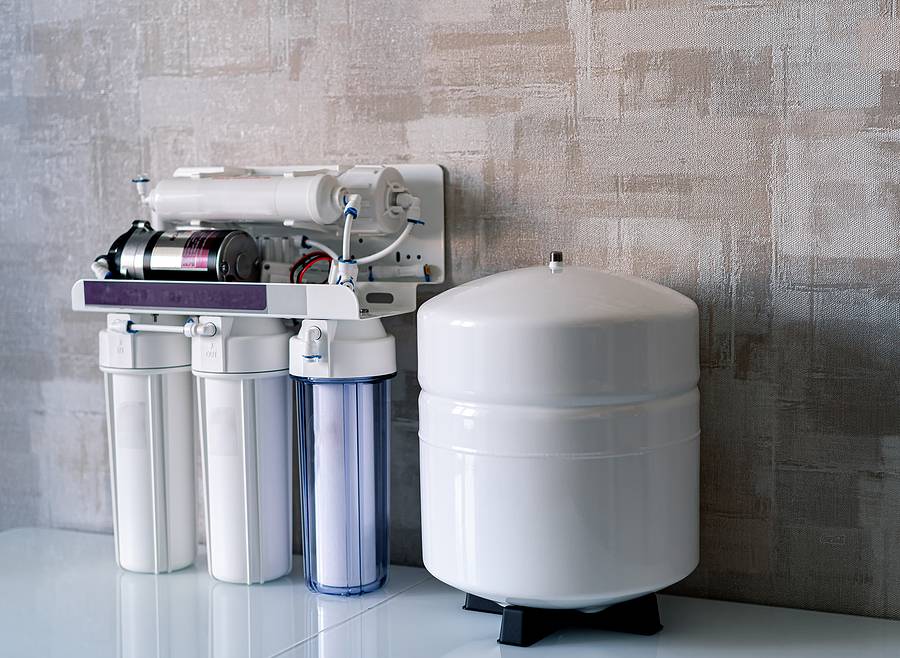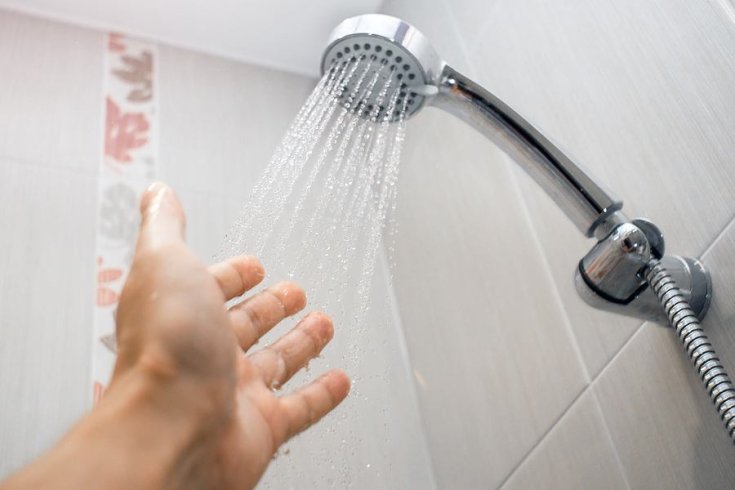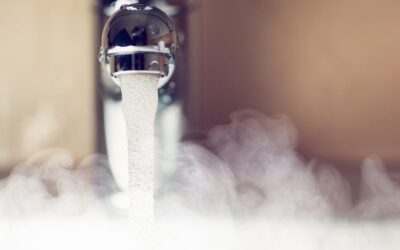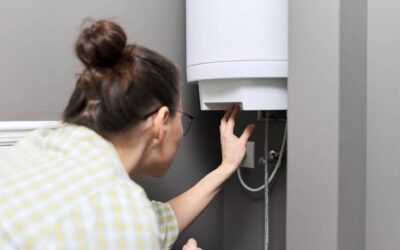PVC pipes are used in today’s most modern systems and have greatly transformed the plumbing industry. Because of their ability to flex and their strength, they are employed in a variety of systems, domestic water supply and distribution, and commercial and industrial applications. However, what makes PVC pipes so special? What benefits should one expect from using PVC pipes?
What Are PVC Pipes?
Polyvinyl chloride, also known as PVC, is a synthetic polymer that belongs to the plastics class. These pipes are made of this material by extrusion to give a light yet solid product. They are distinguished by the fact that the inner surface is not sticky to the fluid and allows it to flow without obstruction. This makes the PVC pipes suitable for fluid and gas transportation systems as well as for the transportation of solids in the form of suspended particles.
Common Uses of PVC Pipes
PVC pipes are a common feature in most plumbing systems. They convey water for drinking, sewage, and chemicals. They do not rust, so they can be used in many sectors, such as water supply systems and power cables. This is unlike metal pipes, where one has to be very careful about the substances to be passed through them lest they start to rust or corrode.
PVC pipes are also used in the construction of electrical wiring and the manufacturing of different goods. They are versatile enough to be applied in many other sectors.
Benefits of PVC Pipes
- Durability and Longevity
It must also be noted that PVC pipes are also long-lasting. They do not rust and are not affected by chemicals, light, or friction, making them ideal for both above-ground and below-ground applications.
- Cost-Effectiveness
PVC pipes are cheaper than the copper or cast-iron pipes usually used to construct plumbing systems. They are also very light, which is a good thing because this implies that the shipping cost will be low. PVC pipes are quite simple to install, and therefore, the cost of the labor will also be cheap. This makes them cheaper to use both at home and in business.
- Environmental Impact
PVC pipes are actually quite safe for the environment. The manufacturing process consumes less energy than when using conventional materials. Also, due to their low weight, they cut on the carbon footprint that comes with transportation. Last but not least, PVC is recyclable and hence aids in the concept of green building.
- Ease of Installation
Out of the benefits of PVC pipes, installation is one of the most critical aspects that plumbers look for. They can be easily handled and trimmed to size with very few tools. This not only reduces the labor cost but also enables quicker project delivery, thus making them recommended for new installation and repair works.
A Brief History of PVC Pipes
PVC was first invented in 1872 by German chemist Eugen Baumann. Nevertheless, industrial production of PVC only started in the 1930s. In the middle of the twentieth century, the techniques of polymerization became more advanced, and the material became stronger and more flexible. This created a market for PVC pipes, which are used in plumbing and construction.
Why PVC Pipes Matter
In the plumbing industry, the effects of PVC pipes cannot be underestimated. They have also become a modern substitute for other conventional materials, such as metal and clay, which are more efficient and affordable. These qualities have made them an important part of the modern world’s infrastructure.
We know that it’s crucial to use only the best materials for each job. We are here to help if you need to repipe your home or business. Whether you need a simple repair or a complete overhaul of your plumbing system, PVC pipes are worth considering.
PVC pipes are not only a plumbing material but also a symbol of technological advancement and innovation. They are not limited to the level of efficiency; they also increase cost efficiency, environmental concerns, and usability. If there is a problem with the plumbing system, you will be aware of who to contact and who will provide quality services.







